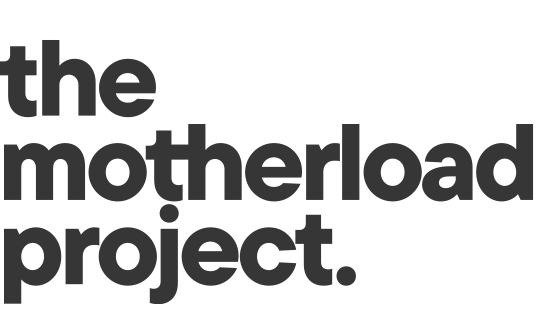Our 2023 Motherload pilot study revealed a care crisis among low-income mothers in the Western Cape province, South Africa. In their precarious contexts, the unpaid care work they perform is mostly invisible, mentally draining, inadequately supported and often traumatic. This complex care burden is unequally distributed across society as well as between genders.
The Motherload is a term to account for a missing perspective on care work. We define it as follows:
The Motherload is the highly gendered, often invisible, under-valued work that individuals performing mothering undertake and which hinders their economic security, safety and wellbeing. It is unequally distributed across society as well as between genders.
Globally, discussions on care work have gained momentum. However, they often reflect experiences from the Global North. Dominant frameworks, such as those on childcare, the mental load and cognitive labour, focus on individual-level struggles, overlooking the deeper structural factors that shape and perpetuate care burdens.
Through our research, we found that these frameworks are insufficient to capture the realities of low-income mothers in South Africa, whose care work is shaped by economic precarity, racialised labour structures and a lack of policy integration and implementation.
What is care work?
Care work encompasses the labour required to sustain life: raising children, supporting older persons and those with disabilities, providing emotional, cognitive, and physical care and maintaining households.
Care work is the foundation of our societies, yet it remains undervalued and unequally distributed. As climate change, economic precarity and social inequalities intensify, care responsibilities are increasing.
In South Africa, colonial and apartheid legacies, extreme inequality and neoliberal policies make care responsibilities even heavier for low-income mothers.
Why focus on mothers?
Women bear the brunt of unpaid child care and household work globally, but mothers experience it in its most intense and demanding form. In South Africa, low-income black mothers face additional burdens due to colonial legacies and economic exclusion.
In 2025 in South Africa:
- 51% of women work in low-paid, unstable jobs
- 42% of households are female-headed (StatsSA, 2022)
- Women in low-income households spend 20–30 hours per week on caregiving
Our definition of mother extends beyond biological motherhood. It includes anyone who takes on primary caregiving roles and those performing mothering in wider kin and community networks, typical of family structures in several Global South contexts.
South Africa’s past and present shape how care work is distributed. Colonialism and apartheid disrupted traditional caregiving structures, creating a racialised labour force that devalued care. Today, economic instability, inadequate infrastructure and public service delivery failures continue to place impossible demands on caregivers.
Global context
While The Motherload is deeply rooted in South Africa’s history, its challenges resonate globally. Rising precarity, economic crises and the undervaluation of care work affect women worldwide.
The Motherload is a global care crisis.
